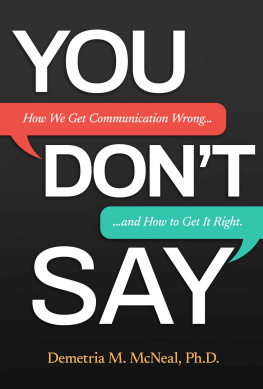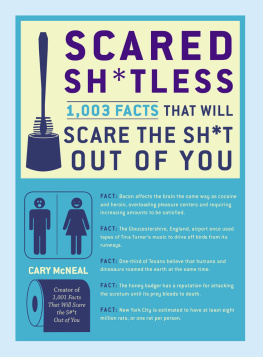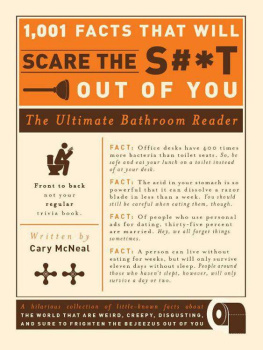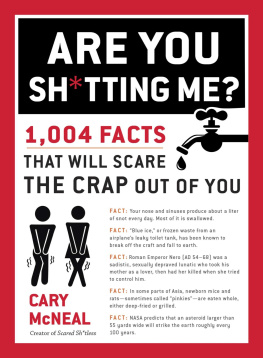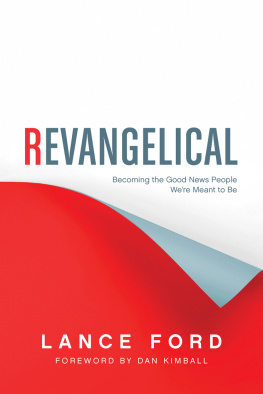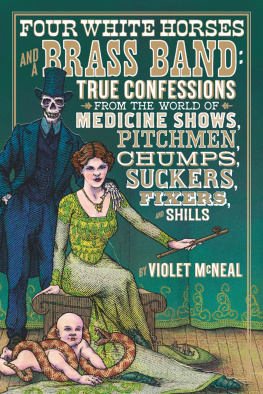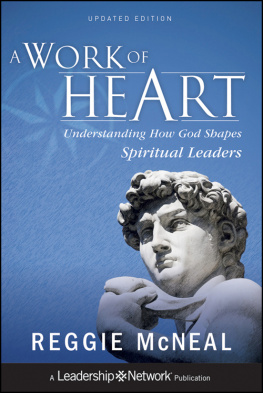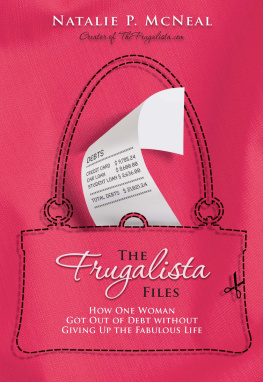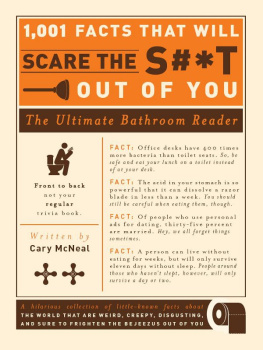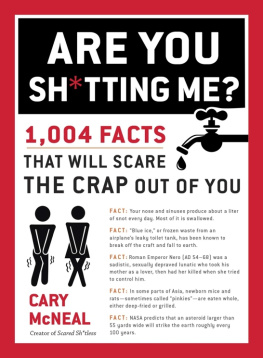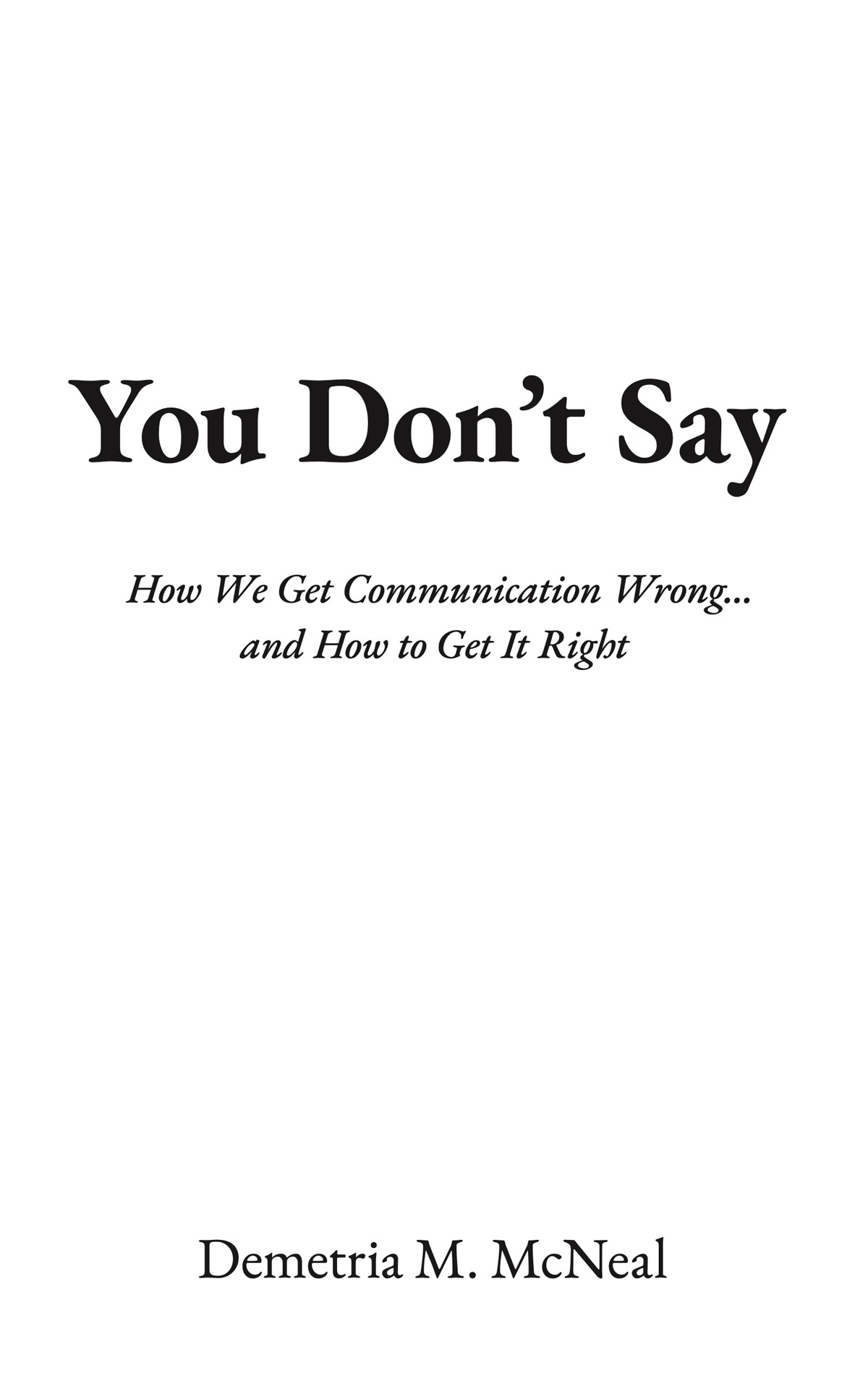
You Dont Say: How We Get Communication Wrong and How to Get It Right
Copyright 2022 by Demetria M. McNeal, Ph. D.
All Rights Reserved
Published by
Munn Avenue Press
300 Main Street, Ste 21
Madison, NJ 07940
MunnAvenuePress.com
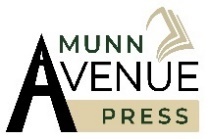
No part of this publication may be reproduced or transmitted in any form or by any means, mechanical or electronic, including photocopying and recording, or by any information storage and retrieval system, without permission in writing from the author or publisher (except by a reviewer, who may quote brief passages and/or show brief video clips in a review). The author, publisher, and distributor make no representations or warranties with respect to the accuracy or completeness of the contents of this work and specifically disclaim all warranties, including without limitation warranties of fitness for a particular purpose. No warranty may be created or extended by sales or promotional materials. The advice and strategies contained herein may not be suitable for every situation. This work is sold with the understanding that the publisher is not engaged in rendering legal, accounting, or other professional services. If professional assistance is required, the services of a competent professional person should be sought. Neither the publisher nor the author shall be liable for damages arising here from. The fact that an organization or website is referred to in this work as a citation and/or a potential source of further information does not mean that the author or the publisher endorses the information the organization or website may provide or recommendations it may make. Further, readers should be aware that internet websites listed in this work may have changed or disappeared between when this work was written and when it is read.
Paperback ISBN: 979-8-9861680-4-3
Printed in the United States of America
DEDICATION
To all the friends who have lived life with me and who form the foundation for this incredible work.
ACKNOWLEDGMENTS
I want to give heartfelt thanks to the following people, whom I enjoy and respect, for making it possible for me to create this wonderful work to share with the world.
First and foremost, thank you to my husband, Andre, and bonus daughter, Adrianna, who have been with me along this journey. You have given me the adventure of being a wife and of motherhood.
To Dawn Josephson, my writing coach and editor extraordinaire, who believed in the book from the beginning and helped me find my literary voice. Thank you for being honest, patient, understanding, corrective, and encouraging along this journey.
To Carolyn Edlund, founder of Artsy Shark and my business mentor, who took my creative ideas and guided my creative expression toward the writing of this book. I appreciate you knowing how to help me and when to consult others to support me along the journey.
To Steve Bennett, founder of AuthorBytes, whose creative mind was able to bring my words to life and who challenged me to be a better author, communicator, and consultant.
Additionally, I have been blessed to have a village of friends in my life who collectively represent over 200 years of friendship, and who have served as wise counsel, confidants, colleagues, sounding boards, laughing partners, travel companions, and protectors. My deepest thanks to you all: Dr. Kendra (China) DeWalt, Candace Ellerbe, LaToya R. Blaylock, Dr. Thea R.A. Shaw, Kelley S. Banks, Zeretha Brickhouse, Nicole Nelson, and Dr. AShawn L. Mitchell. You have been my strength when I was weak, my light when I could not see, my brains when I could not think, my stability when I was shaky, and my voice of reason during lifes challenges. Thank you for your support and for all you have invested in me.
INTRODUCTION
Believe it or not, but talking may in fact be the enemy of your ability to effectively communicate and connect with another person. On the surface, that statement may seem bizarre. But think about it like this: Youve likely experienced relationships with friends or family members where something happened either to you or the other person, the dynamics of the relationship changed, and you didnt know what to do. You didnt know what to say. Talking about the situation (if you even tried to do that) didnt help. It actually made it worse! Over time, no one talked about the situation ever. It became a taboo topic. Unfortunately, when this happens, silence, guilt, shame, and even judgment creep into the relationship. This book is about how to stop merely talking and start communicating more effectively with those you care about when these taboo topics manifest, so you can maintain healthy, long-term relationships.
Full disclosure: I am a communication scientist. You may wonder what that is and what a communication scientist does. Well, I have a Doctor of Philosophy in communication studies, with a focus in health communication. That means I research theories, identify and apply practical ways about how people do and do not communicate, what topics folks are and are not willing to communicate about, what impacts the ability to communicate, and what we can do to improve our communication for understanding. I am particularly interested in what folks will and will not discuss with others as well as with health care providers about personal health, health behaviors, and disease. I am curious about why people will not discuss an illness or new onset of symptoms, even with medical professions. Equally, if they do, what makes them decide to share it and with whom? Yes, it is a science. Over the years, Ive studied many areas of communication, including interpersonal conflict, various forms of stigma, doctor-patient communication, intercultural communication, family communication, persuasion, and disclosure, just to name a few. As you can see, communication science is a large field that is continually growing.
With all of that said, I am also a Black American woman born in Houston, TX (from the Northside). Do not let education, degrees, and credentials fool you. I am a professional, but I also understand how to take off my earrings in the street when necessary. I am a ride-or-die type of friend. I will stand ten toes down when everybody else is running away.
I take all the knowledge and scientific information Ive learned and use my voice to make all the technical jargon applicable to your everyday life. If you cannot relate to the scenarios or figure out how to apply what you learn in this book to your life, then I have not completed my assignment. The words in these pages are not based on what I've heard or read but on what I have lived or what I have helped others live through. I am here to help you become the best version of yourself through communication.
You may be curious as to how I even found out about such a profession and what made me want to build a career in communication science. Well, the short answer is that it was a crooked road for me to get here. I did not follow a clear and straight path to becoming a communication scientist. My interest in better communication started because I felt communication had been stifled early in my life. Oftentimes in relationships, I felt that I was not given the whole story. I was expected, even required, to keep secrets within certain relationships. Taboo topics, or subjects never to be discussed, seemed to exist in many of the relationships early in my life. At a young age, I learned what not to talk about and which people not to talk to. My voice was muted. My opinion did not matter. My feelings were not taken into consideration. But I also understood that communication did matter. Not only did it matter, but most of us get it wrong. Most of us misunderstand each other because we communicate poorly.

